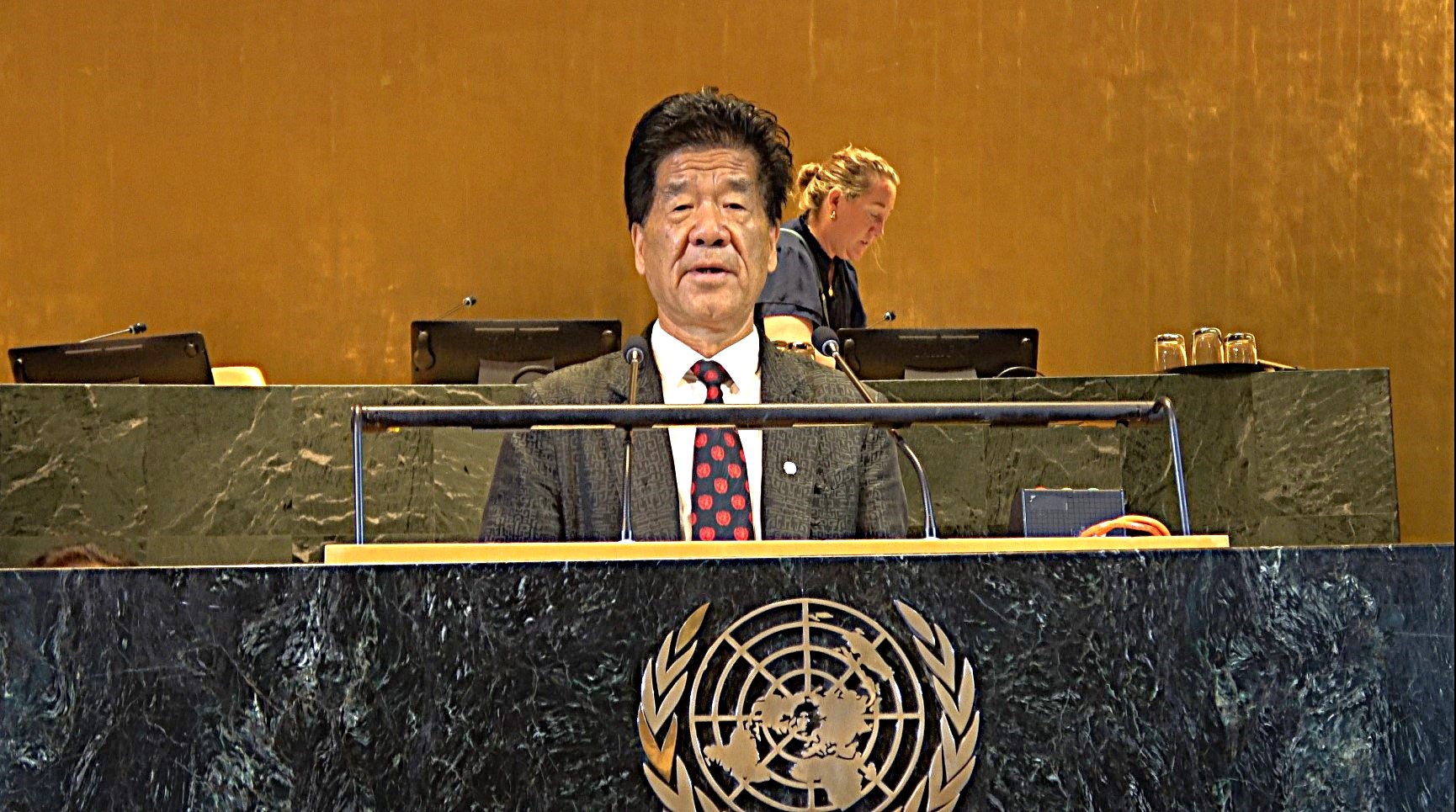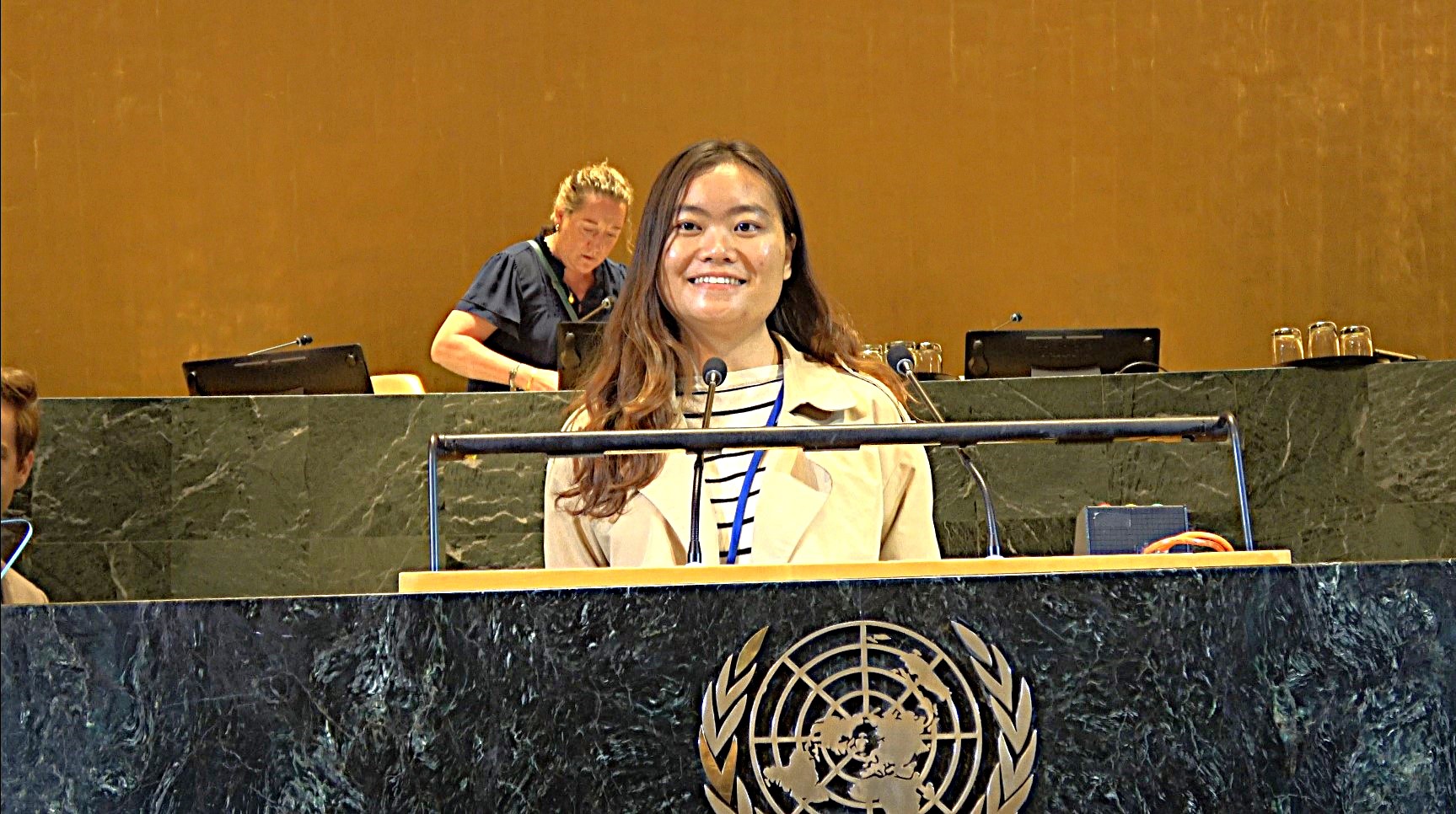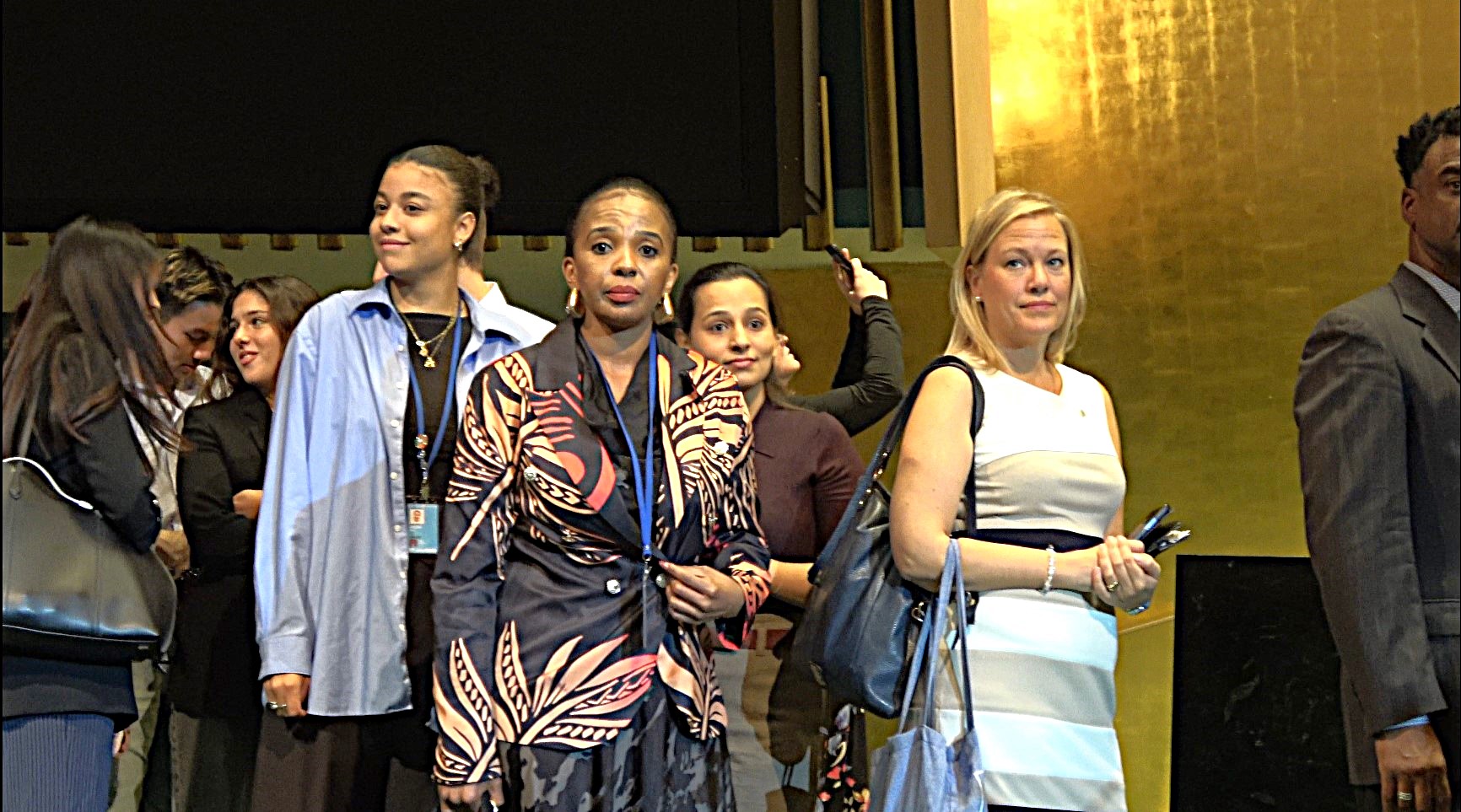
Celebrity Media Commentator: On the 80th anniversary of the founding of the United Nations, the UN Headquarters in New York witnessed an evening full of emotion and reflection. Delegates took the stage to speak about history, express their beliefs, and look to the future.
This year's theme is “Living Legacy.” It is not just a tribute, but also a reminder — the United Nations is not a museum. It is alive, evolving, and a symbol of hope.
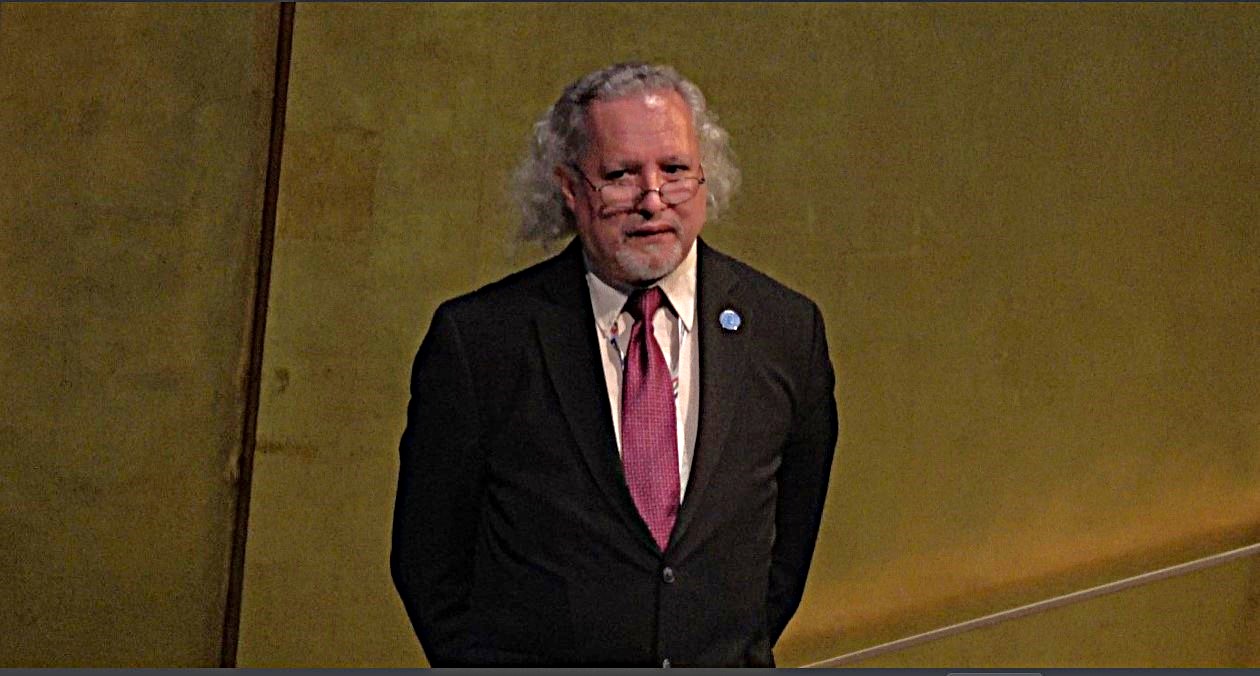
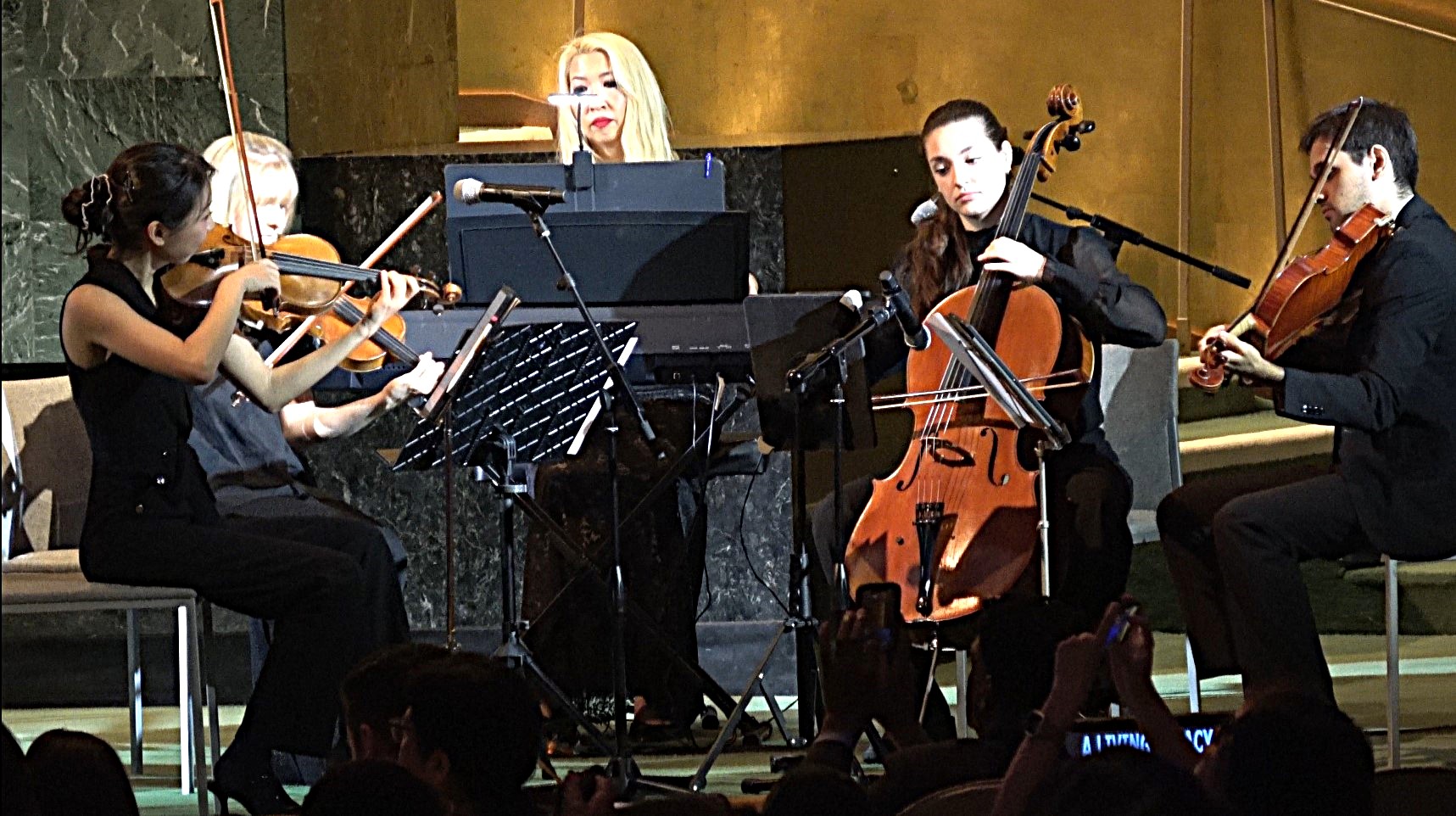
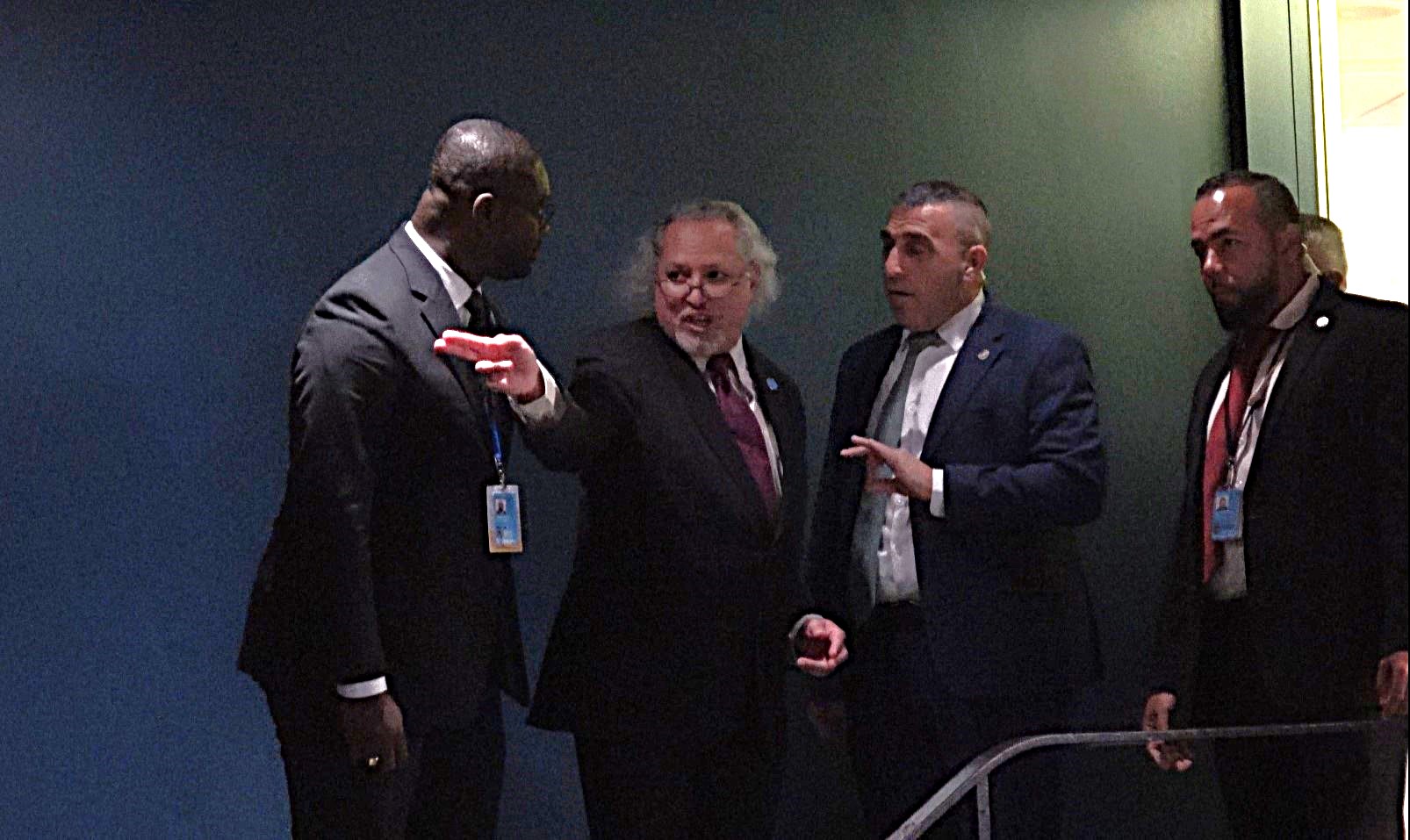
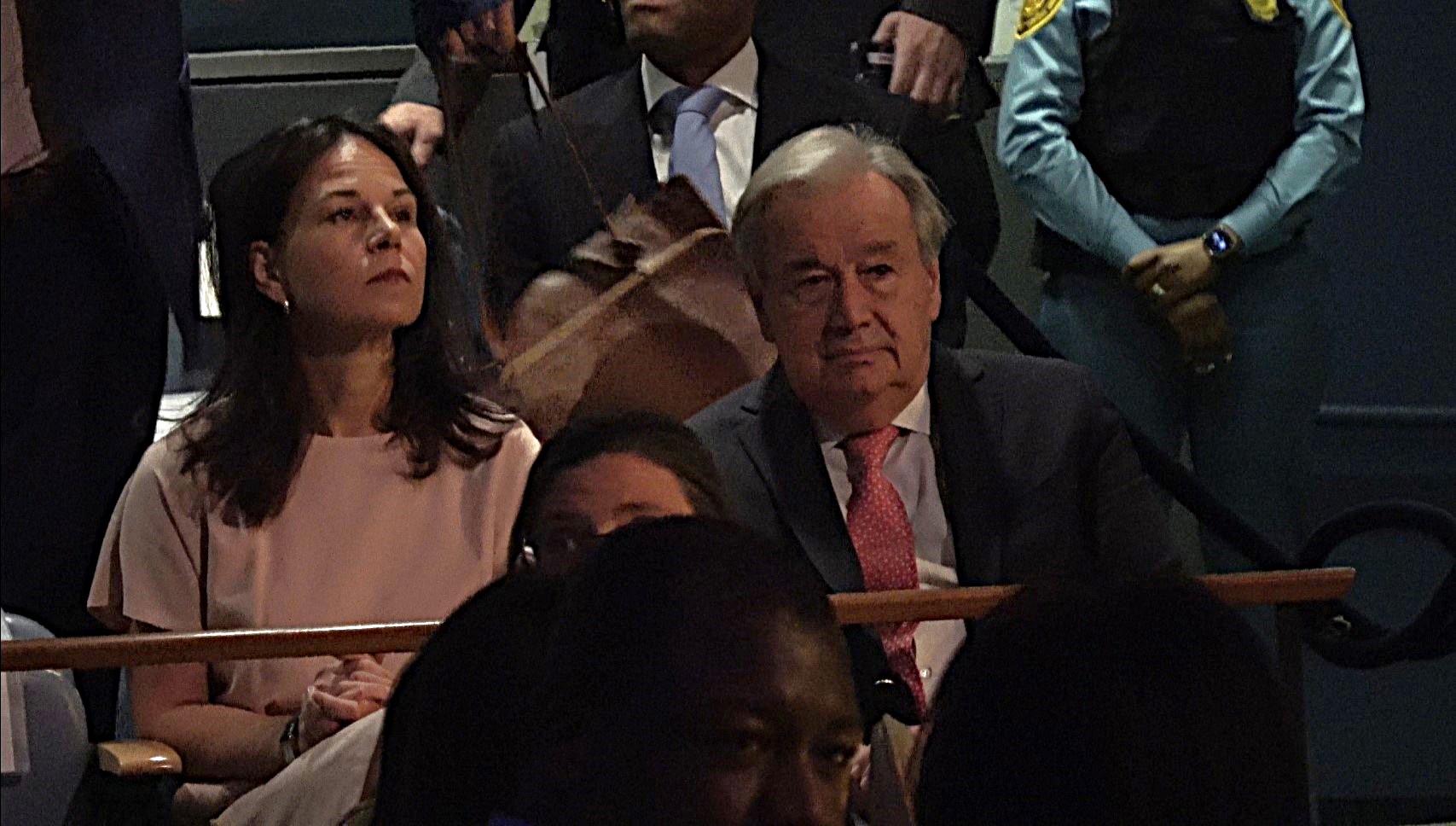
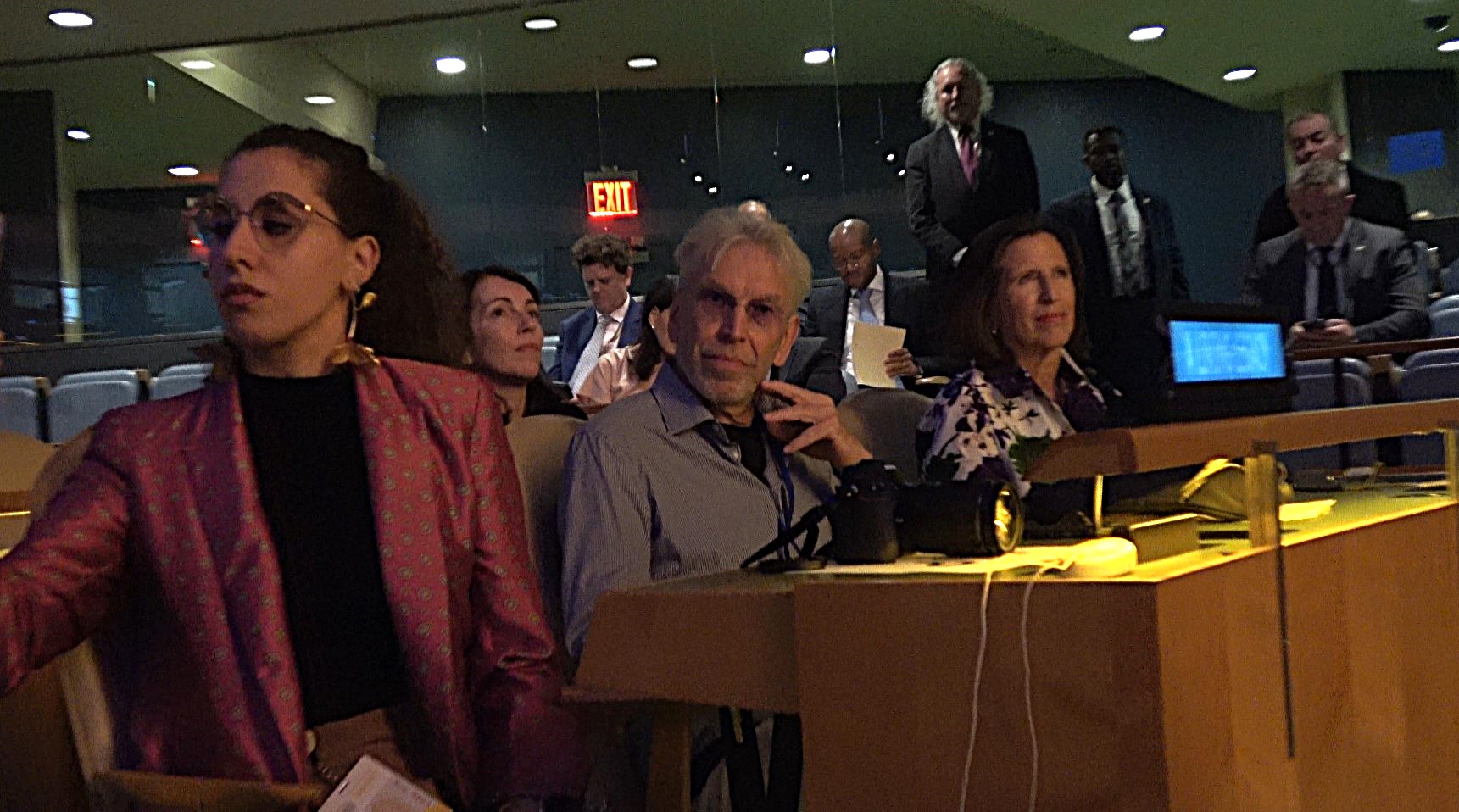
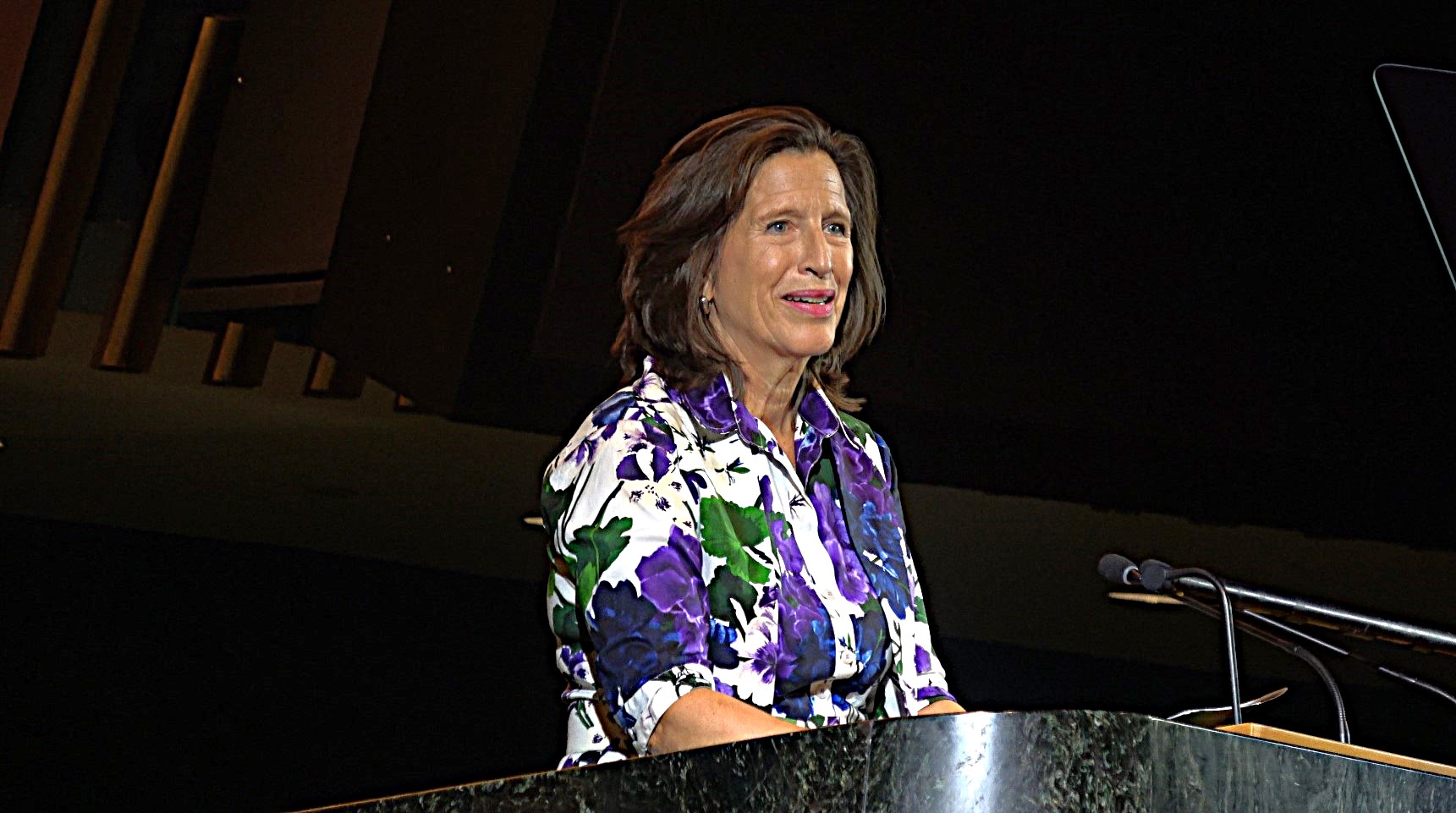
Melissa Fleming, Under-Secretary-General for Global Communications, hosted the commemoration. She said with anticipation: “Friends of the United Nations have joined us today. I hope you feel inspired. I hope you sense the incredible and rich history of the UN — something we are all proud of. But we also have a renewed UN, one we can create together. This is part of its living legacy.”
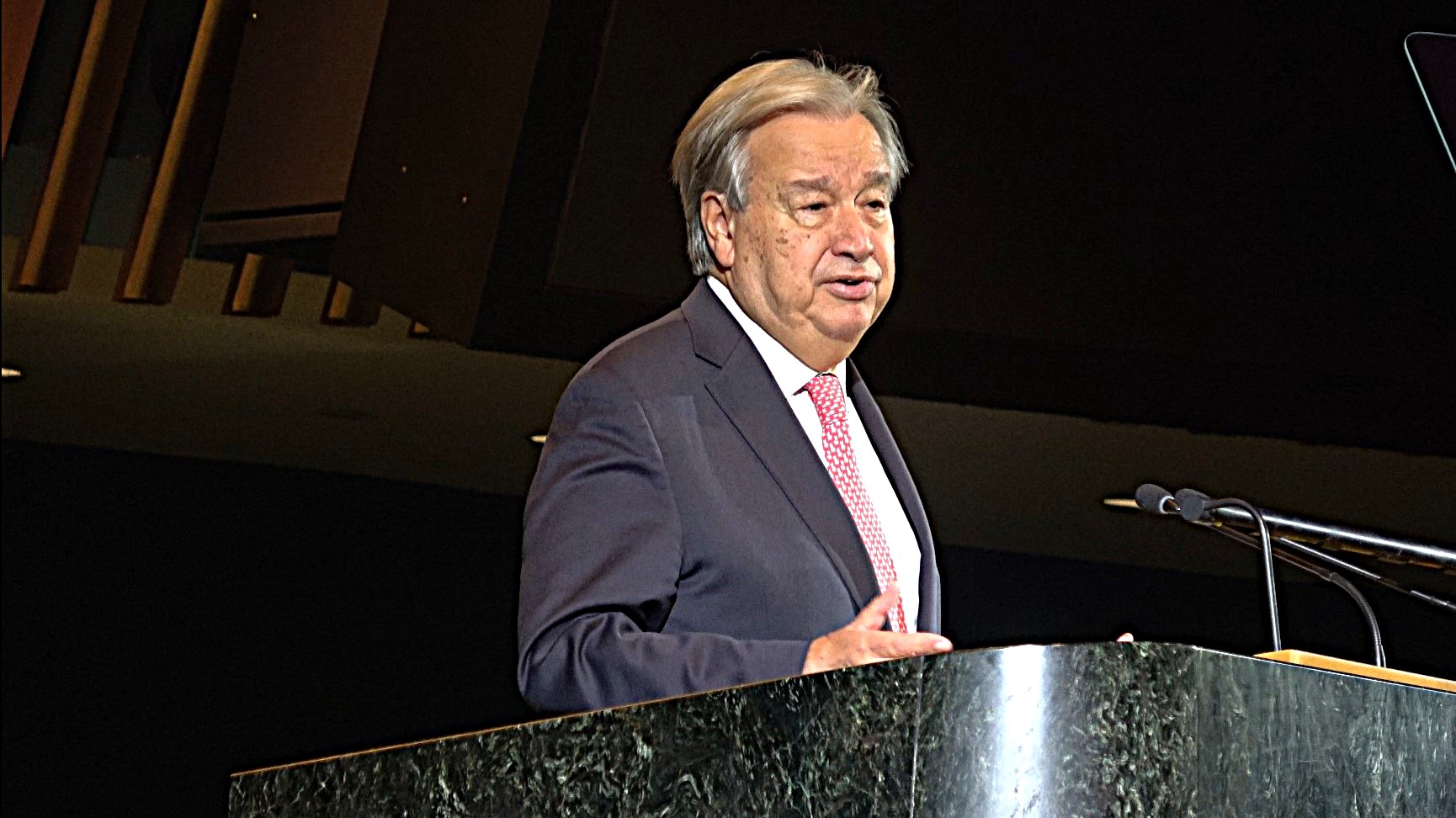
In darkness, history chooses unity: UN Secretary-General António Guterres gave a passionate speech, bridging reality and ideals: “It is only in the darkest times, when despair and division deepen, that humanity unites to create history.”
These words carry weight. As of 2025, the war in Ukraine has not ended, the humanitarian disaster in Gaza is shocking, and Sudan is mired in deadly civil war. The world is unstable, trust is collapsing, and multilateralism is under threat.
Nevertheless, Secretary-General Guterres emphasized: “The UN lives in your heart. It lives in the heart of every peacekeeper and humanitarian.” In this era of extreme uncertainty, such personal and emotional expression gives the UN a human and warm face.
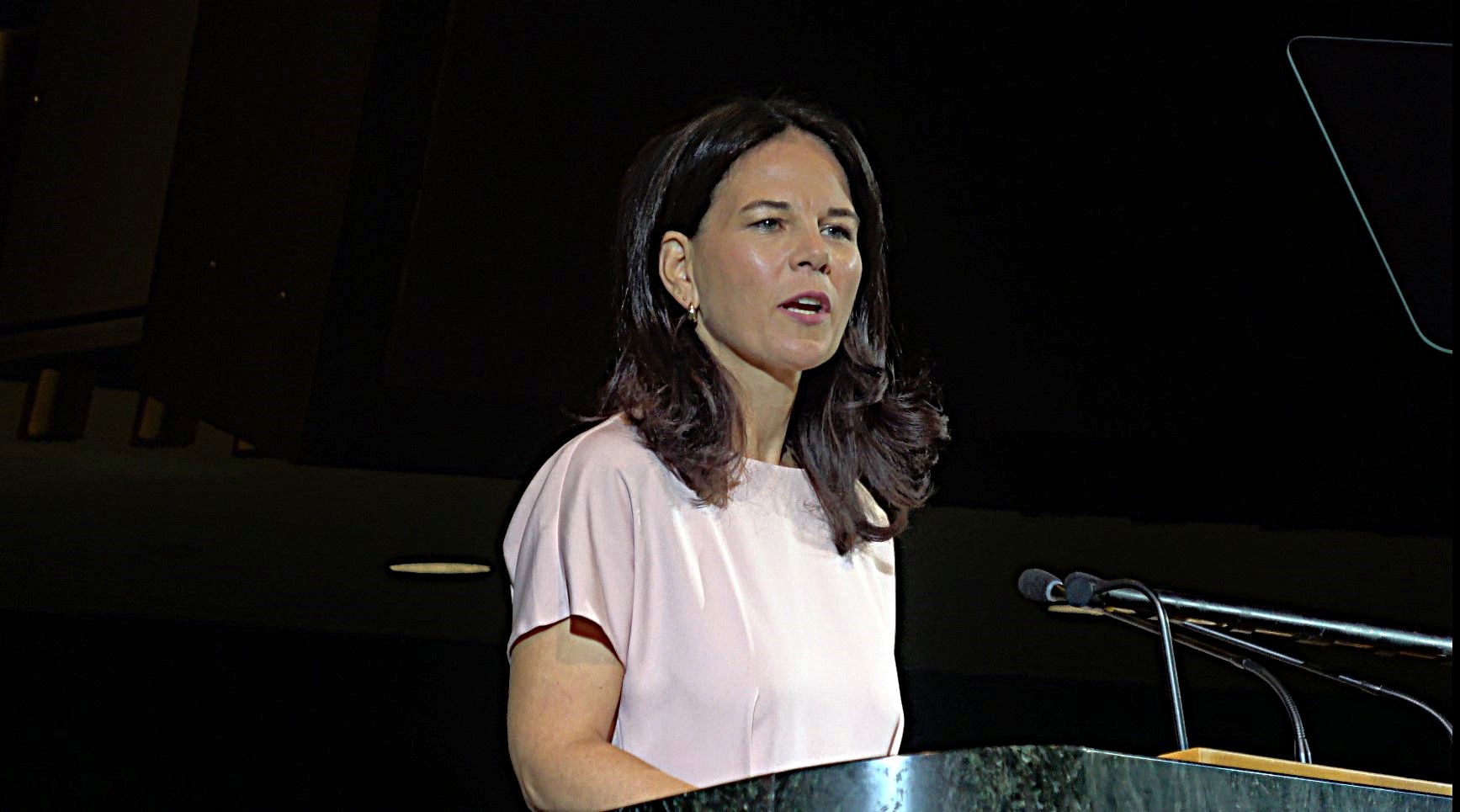
New President of the 80th UN General Assembly, Annalena Baerbock: Don't let the UN exist only in postcards. She shared the story of a postcard from 1953 — a young man wrote to his family after visiting the UN.
“The UN was still new then, but already important to people.” Her reminder hits home: Do we still remember the original purpose of the UN? Do we treat it as part of real life rather than a distant symbol?
She said: “We often forget that behind the bureaucracy and diplomacy, this institution affects countless lives every day.” This warning comes at a crucial time — only by reconnecting with the people can we sustain this legacy in times of crisis.
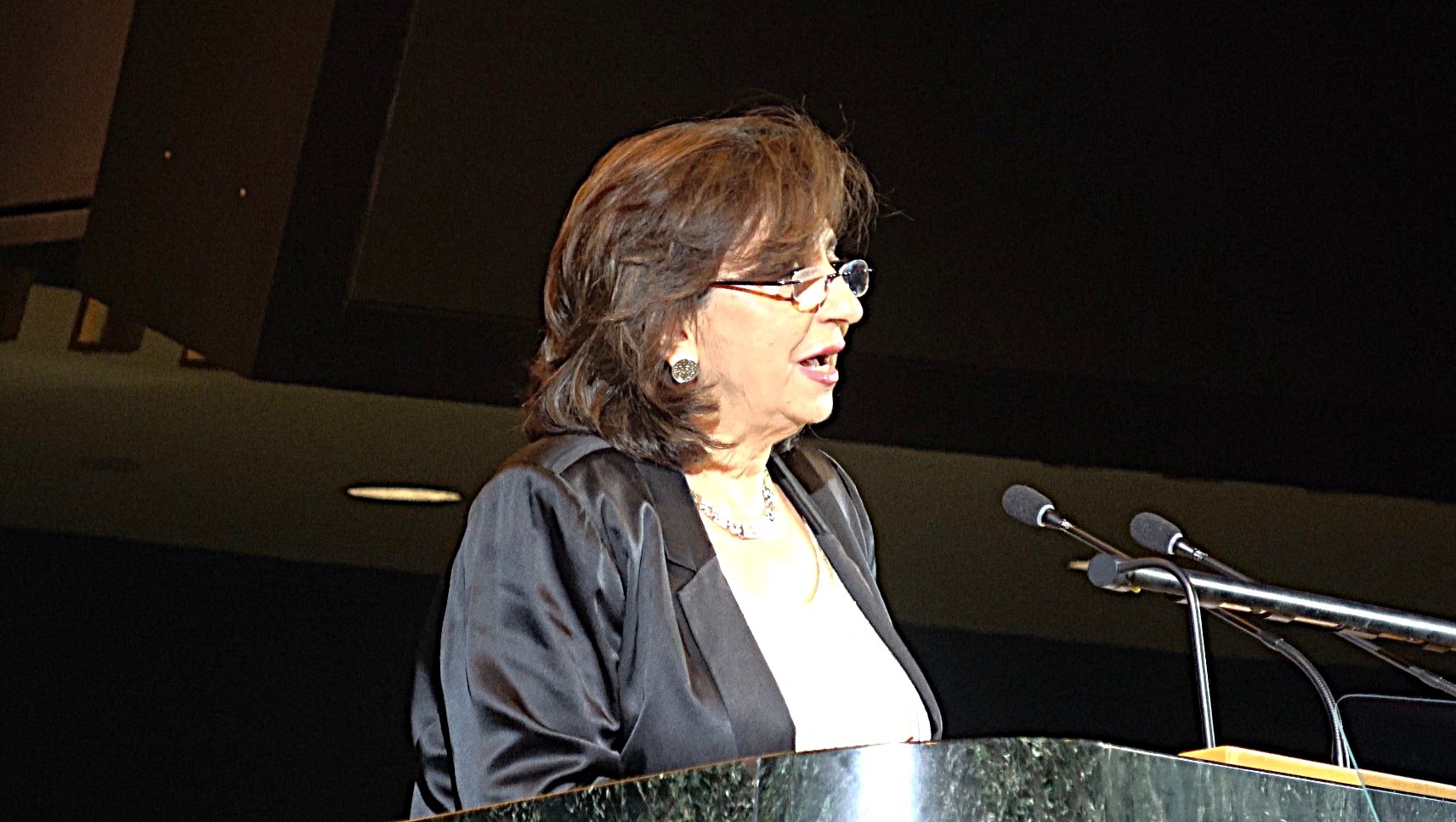
UN Women Executive Director Sima Sami Bahous: Protecting women is protecting the future. In her speech, the Deputy Secretary-General and UN Women Executive Director cited shocking statistics: “In 2024 alone, 168 UN personnel died in the line of duty. 700 million girls are living in conflict zones.”
She further stated: “Since 2020, the female poverty rate has stagnated; 78 million women have been excluded from the workforce due to unpaid care work.” These figures highlight the ongoing gender injustice. Her conclusion was one of the most powerful lines of the event: “Investing in women and girls is investing in a sustainable, peaceful, and prosperous future.”
When the Taliban shuts down girls’ schools and women are excluded from reconstruction in conflict zones, the UN must not only speak out but act.
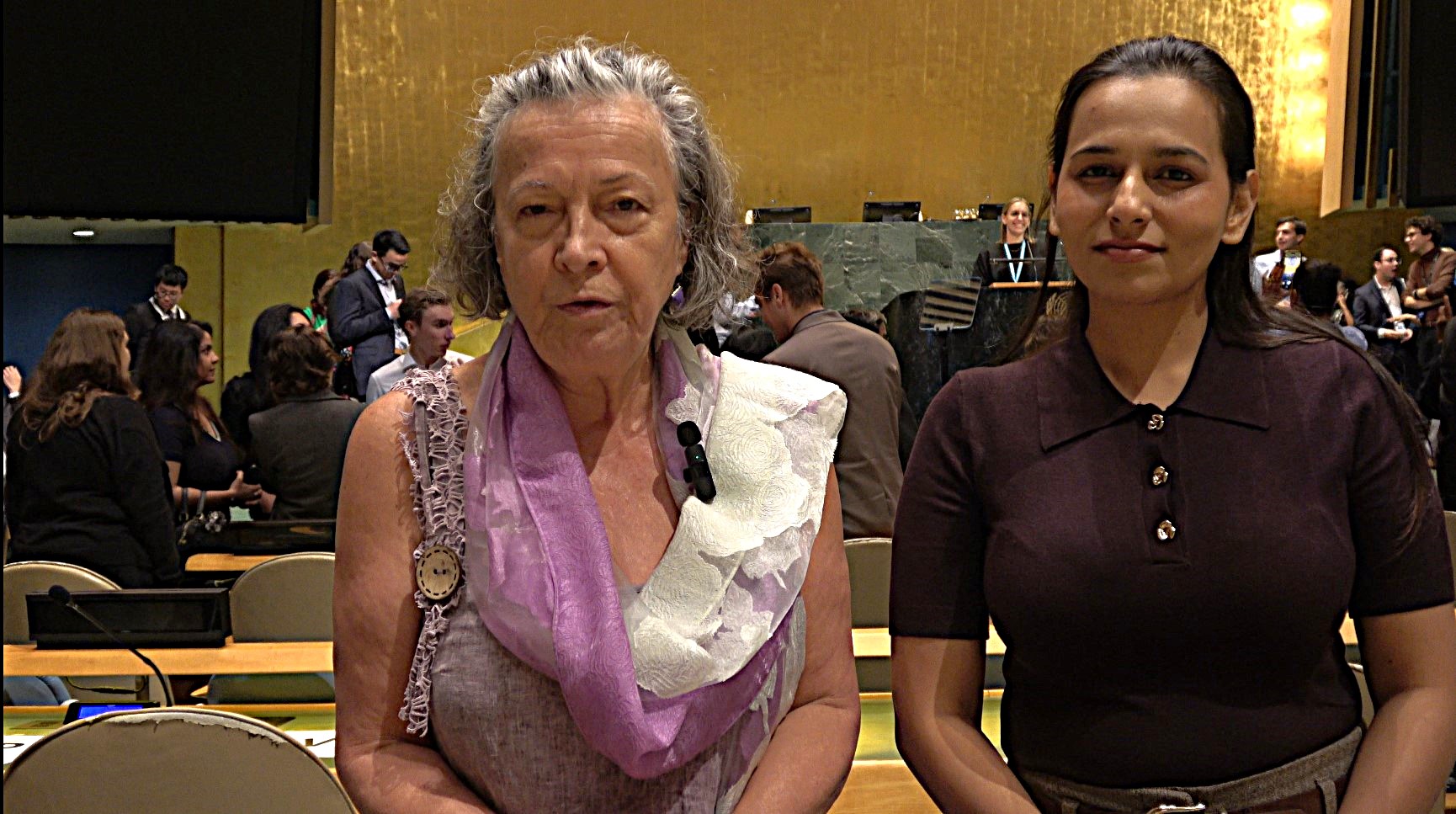
Voices of Youth: Peace must begin in kindergarten. Youth representatives Rashali Gakwad and Bian spoke on behalf of the new generation — the inheritors of tomorrow’s legacy.
Rashali said: “We engage with global leaders on world issues, sharing youth perspectives, innovations, and dreams.” She discussed topics like the digital divide, peacebuilding, and artificial intelligence, expressing strong desire for youth participation.
Bian, representing the “VRUSHALI GAIKWAD and BIRCAN UNVER.” introduced a five-year initiative titled “Mandatory Peace and ICD Education”: “We must start peace education in kindergarten, fostering peace consciousness from a young age.”
Her words were touching. In a world with uneven education and increasing ideological conflict, this was a cross-generational, systemic peace initiative.
This is not a future vision — it's a call for action now.
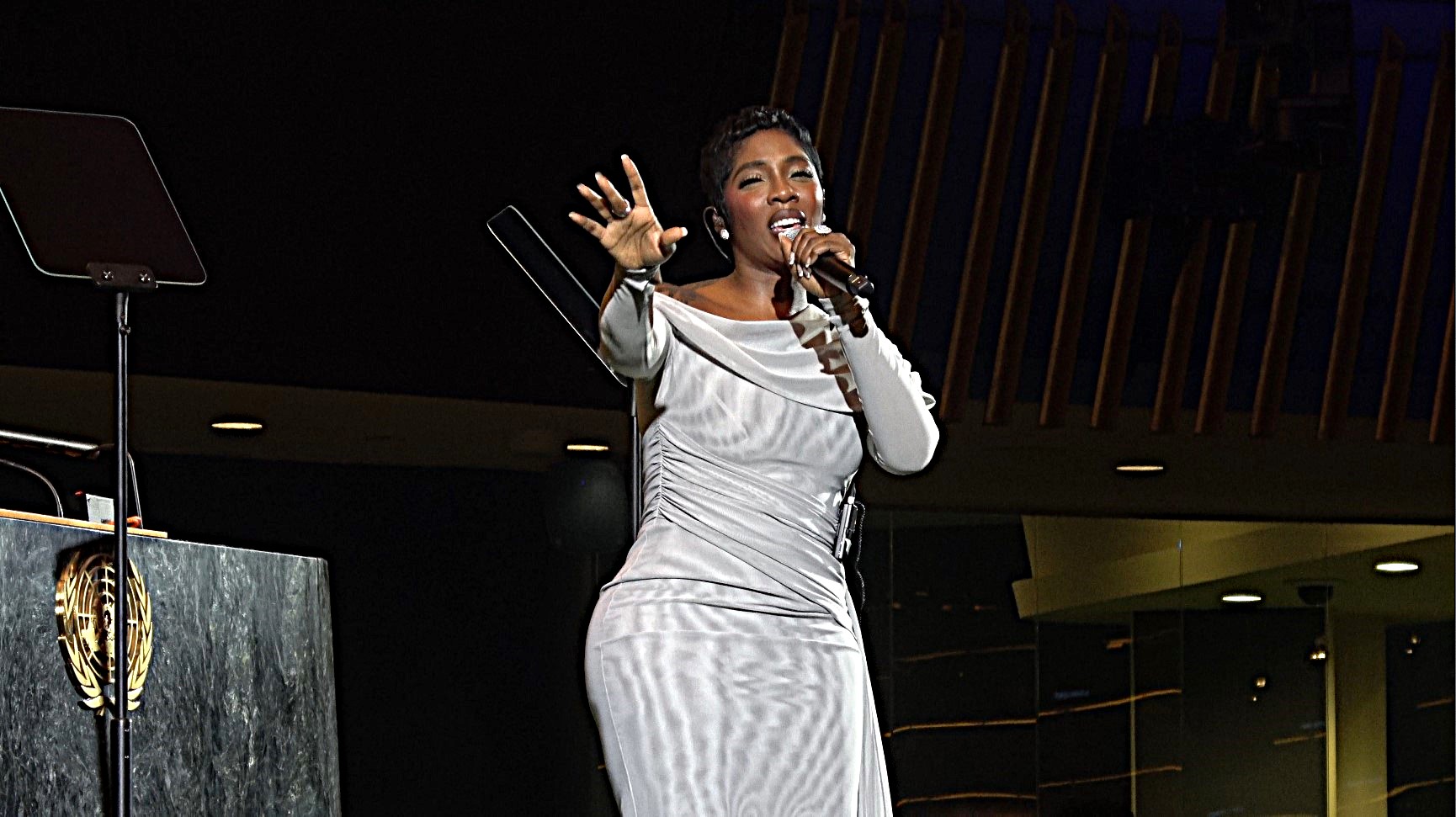
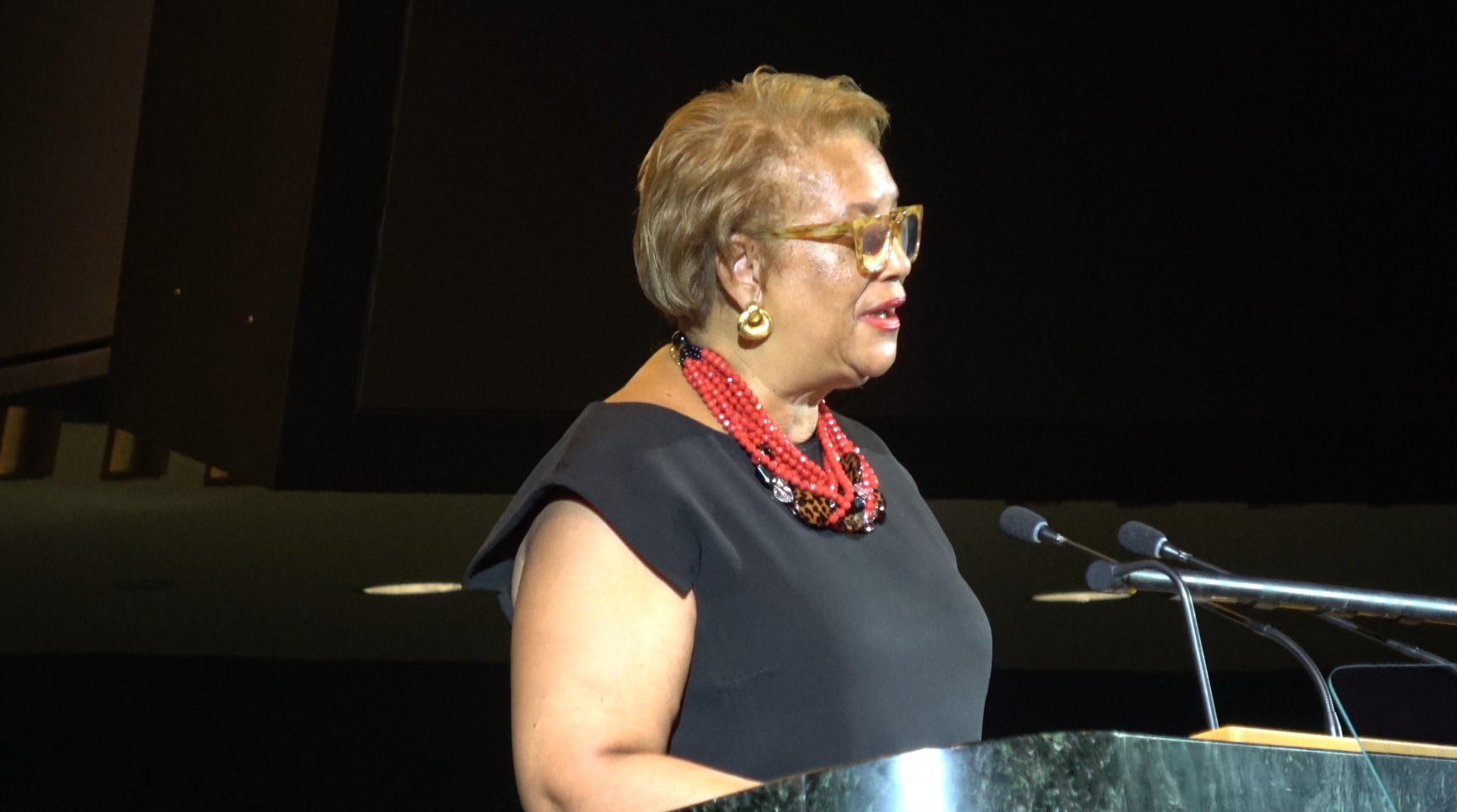
Senior UN official Catherine Pollard: The UN is not to take us to heaven, but to prevent us from going to hell. Deputy Secretary-General Catherine Pollard recalled her experience since joining the UN in 1989: “I have ‘institutional memory’ and could almost be a fossil.”
Behind the light remark lies deep concern. She quoted Dr. Hammarskjöld: “The UN was not created to take people to heaven, but to save humanity from hell.” In today's financial crises, political gridlock, and frequent attacks, the UN’s ability to fulfill its mission is a matter of survival.
She was blunt: “Reality may be harsher than we imagine, but we must still stand together.” She was not just reporting, she was calling for action.
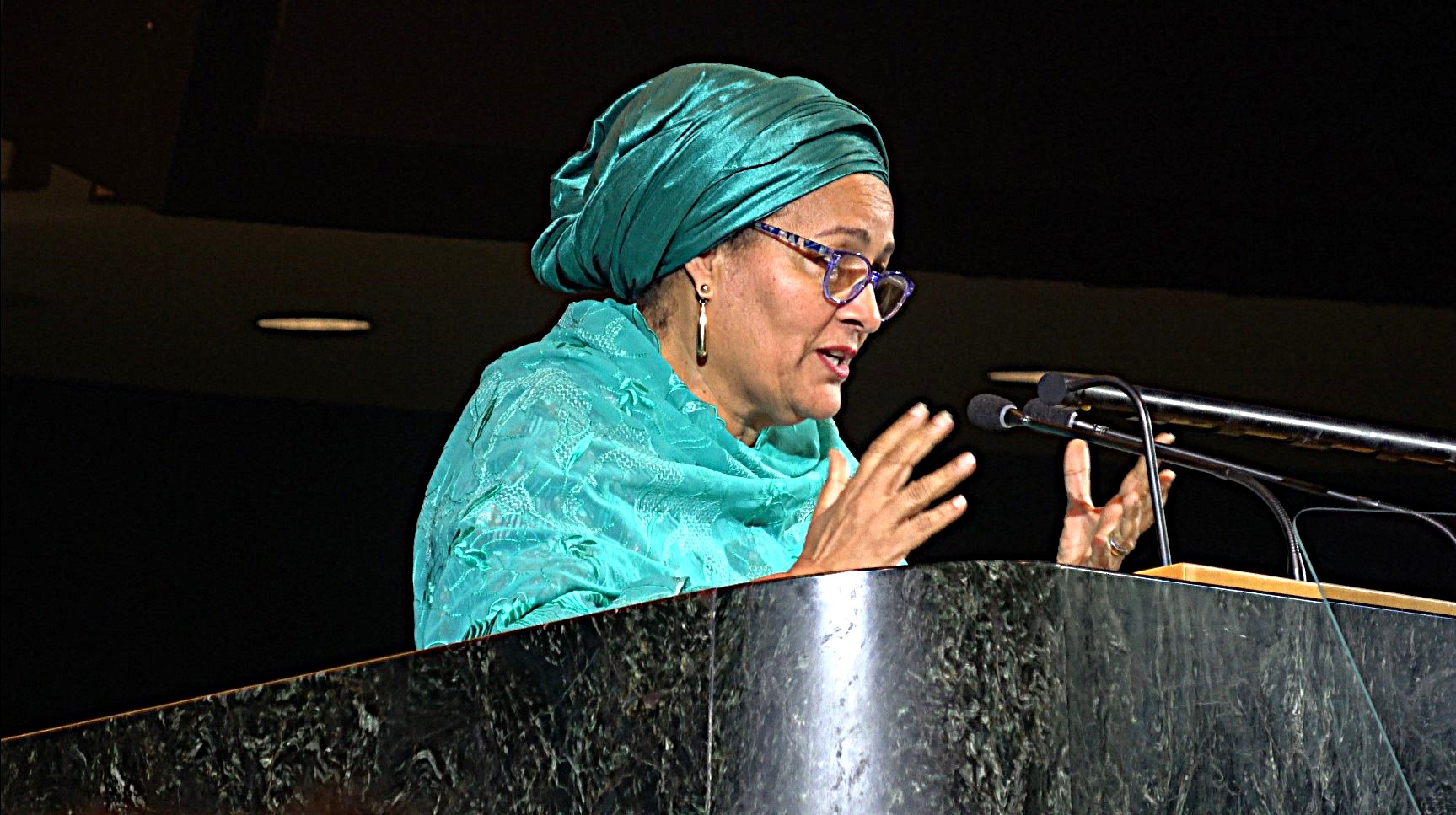
Deputy Secretary-General Amina J. Mohammed’s closing remarks: Climbing mountains and building peace are acts of shared belief. At the event's end, she quoted one of the UN founders: “Climbing and peacebuilding both require persistence, patience, careful planning, and a clear understanding of challenges.”
She described this moment as standing at “base camp,” heading toward a new summit: “We have not reached the peak yet. This is just a milestone. The hardest part is still ahead.”
This was not only self-reflection on the UN’s mission, but a collective reminder. Global inequality persists, climate goals are far behind, and development agendas remain urgent. If the UN cannot act, the world will have nowhere to turn.
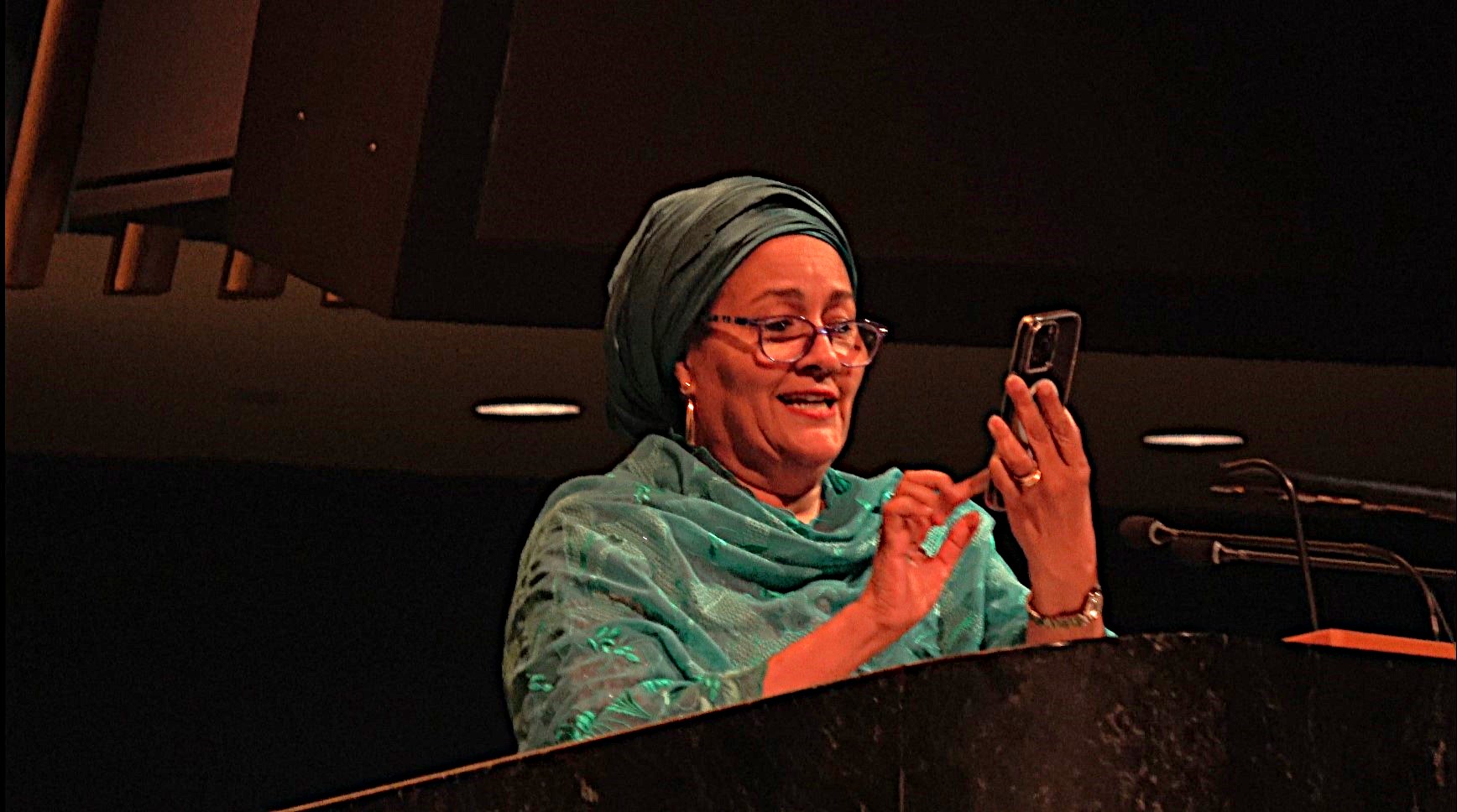
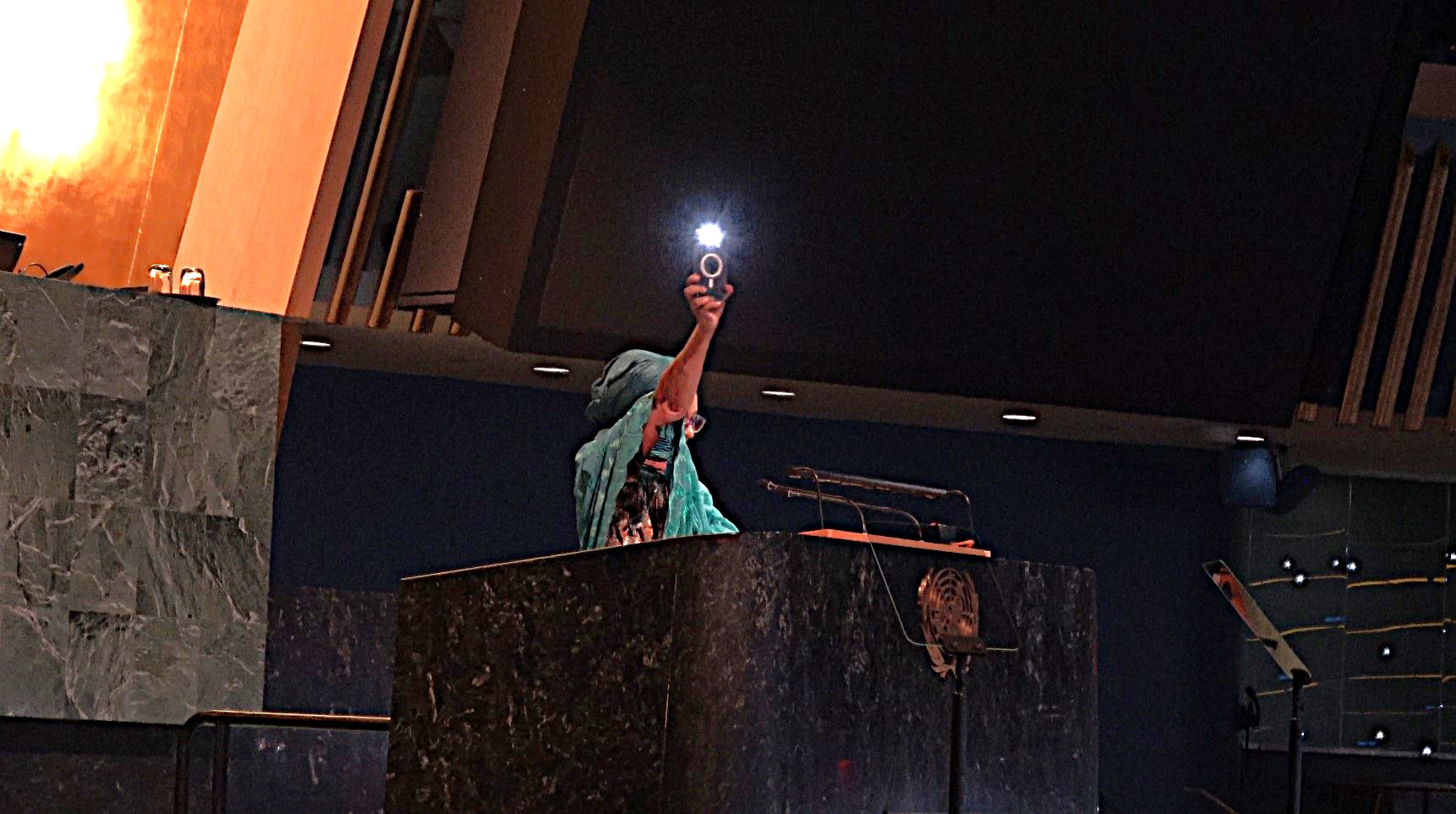
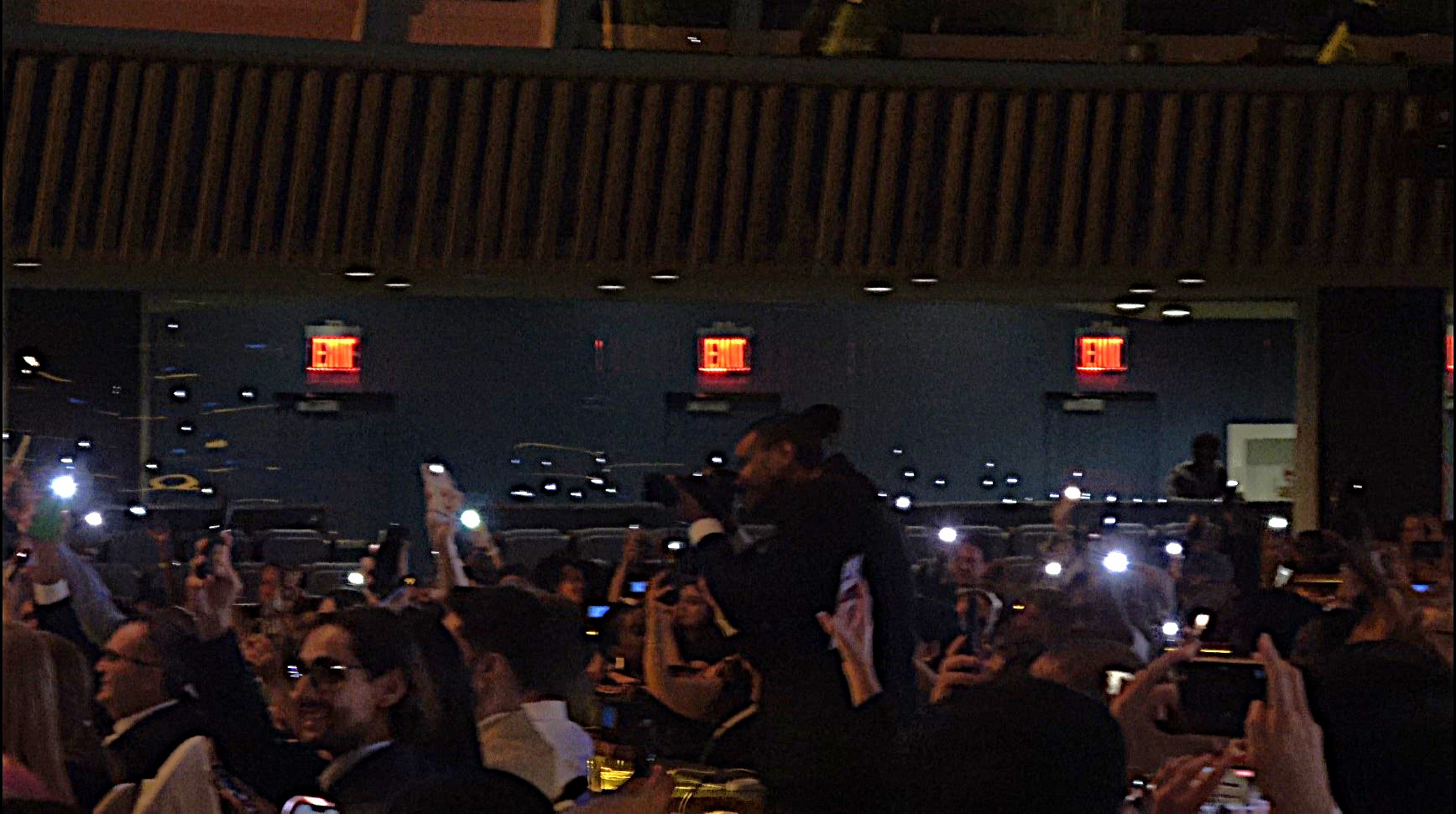
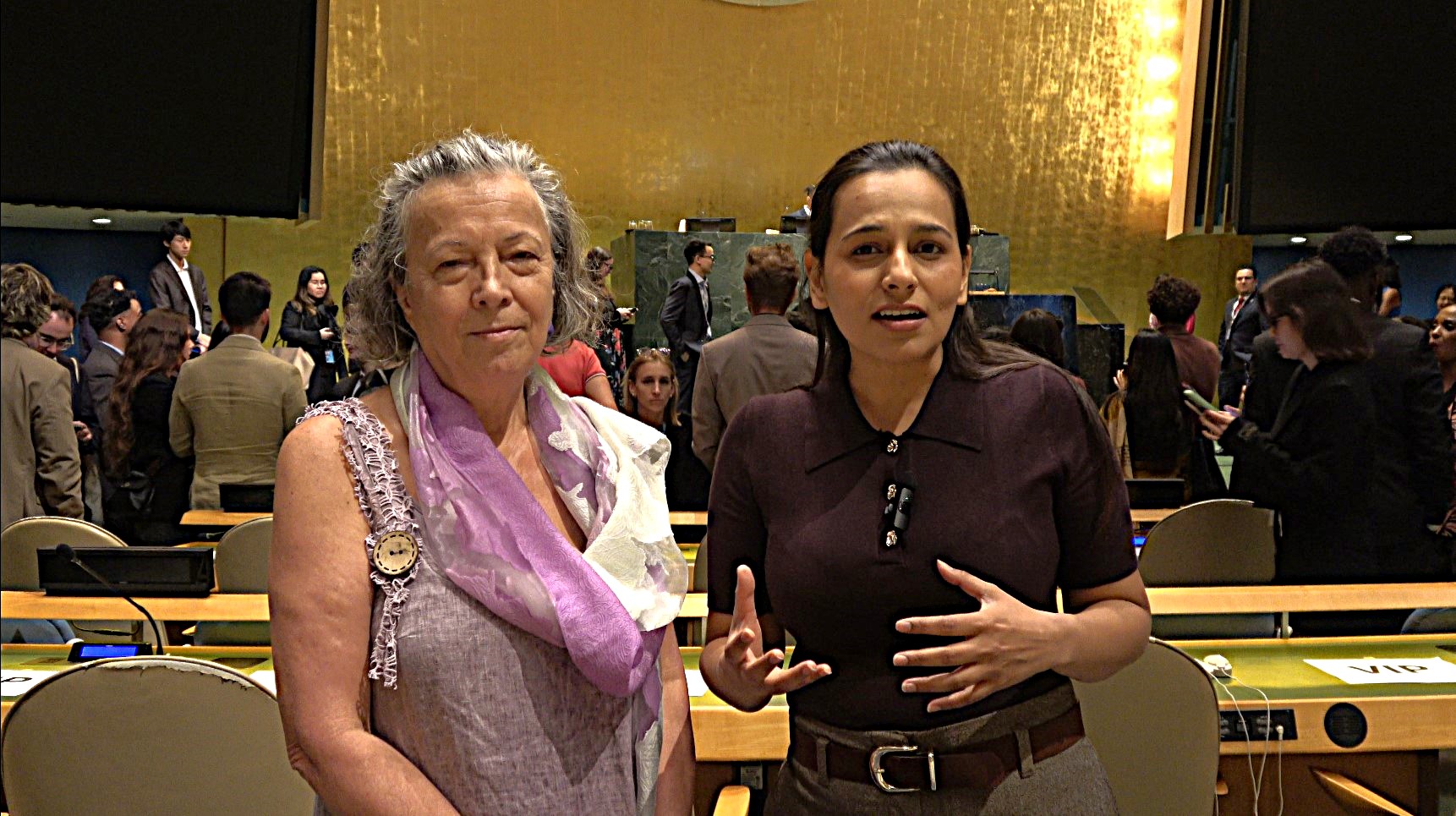
Living Legacy is an unfinished mission: 80 years ago, the United Nations was born from the ruins of war. Today, it stands on the plateau of global challenges. “Living Legacy” is not ceremonial rhetoric, but an ongoing mission. Peace, development, human rights, and dignity — these values are not complete, but still in struggle. As the Deputy Secretary-General said: “The true pillars of the UN are the countless silent workers and the youth building the future.”
This legacy should not be sealed in history books, but lived in reality. Let it enter policy, education, and people’s lives. We are not celebrating the UN’s completion — we are reminding ourselves: the real work has just begun.
